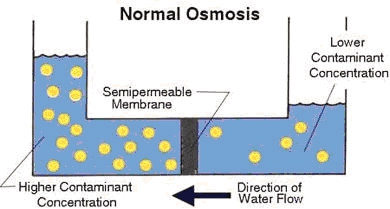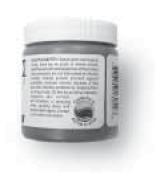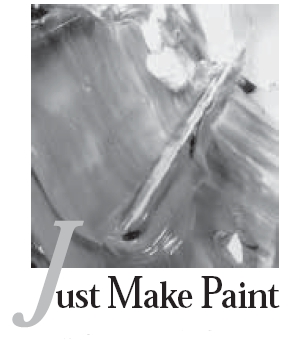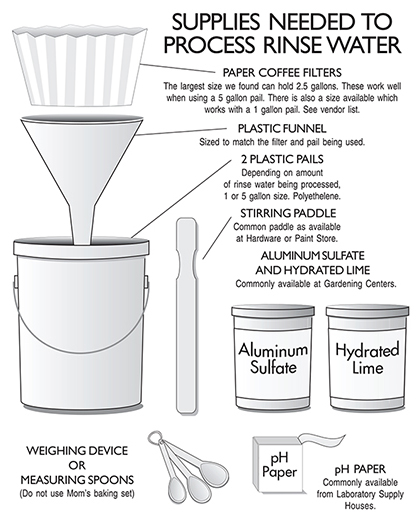Williamsburg Dry Pigments have recently been evaluated for conformance to ASTM D 4236 and have been appropriately labeled in order to be suitable for household use. The exception is Cadmium pigments, which, due to their potential hazard when inhaled, are now restricted to Professional Use Only, and are not available through stores or available for … Read more
Home>Health & Safety > Williamsburg Health and Safety Updates
Archive | Health & Safety
By Ben Gavett Water, nature’s universal solvent, is the most common and most vital compound on Earth. However, even though water covers the majority of our planet’s surface, the increasing scarcity of potable fresh water is of growing concern in many regions of the world. In addition to nourishment, many other uses compete for … Read more
A semi-permeable membrane, like the membrane of a cell wall or a bladder, is selective about what it allows to pass through, and what it prevents from passing. These membranes in general pass water very easily because of its small molecular size; but also prevent many other contaminants from passing by trapping them. Water will … Read more
We are proud at Golden Artist Colors, Inc. to be toolmakers for some of the most talented visual artists in the world. We have worked hard to produce innovative and imaginative tools for artists dedicated to preserving the legacy of our times. Our goal has been that by simply listening to artists and providing tools … Read more
“Test for your application.” So runs the common coda that ends many of our emails and closes our conversations. At the most fundamental level, it simply means trying out a new material or technique in a way that closely mimics how you hope to use it. Other times it requires being something of sleuth and … Read more
A new Health & Safety format will soon begin to appear on GOLDEN labels. This year, we will be phasing out the use of the ACMI AP and HL Seals on our labels and putting a finer edge to the wording in the section on Health & Safety advice. We are introducing a new icon … Read more
It may seem peculiar for GOLDEN, a manufacturer of acrylic paint products for artists, to feature a Do-It-Yourself Paint (DIY) segment in the JUST PAINT newsletter. However, it makes sense. Our Technical Department frequently receives calls from artists looking for tips for either making or modifying their existing paint. To assist those people, this issue … Read more
Is your art department generating hazardous wastes? The answer to this question is being sought by the Environmental Protection Agency (EPA) as they focus enforcement efforts on universities and colleges across the country. Of course, art departments aren’t the only generators of hazardous waste in an educational environment. The list also includes chemistry and biology … Read more
May 7, 2025Editor’s Note:To ensure this article remains current, it has been updated to include some information on the easy-to-use Crash Paint Solids kit developed by GOLDEN. If you would rather not flush water laden with acrylic paint solids down the drain, they can be removed prior to disposing of the water. This process consists … Read more
Please don’t be disappointed, but this article is really about the best alternatives for disposing of wastes generated while painting. I know it is a lousy trick, but the Editor insists on captivating headlines. However, there are real benefits to doing a good job with waste management practices, and if you stay till the end … Read more










